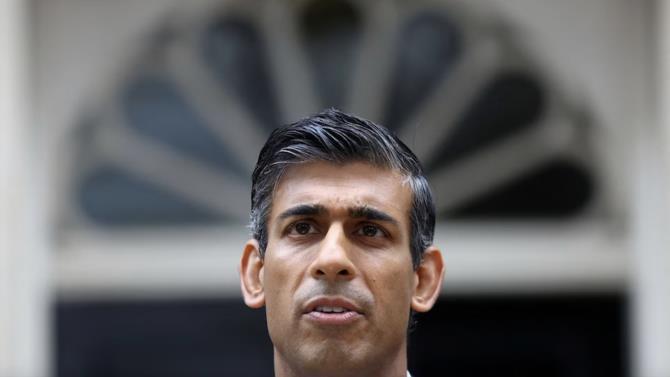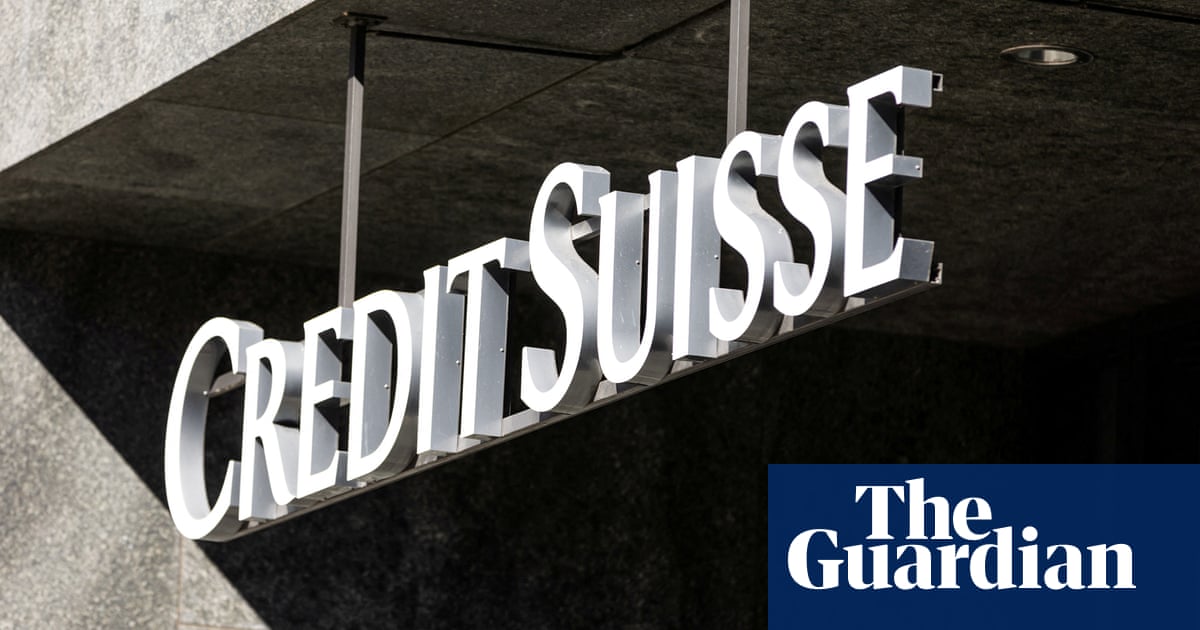
The big three US airlines — Delta, United and American — are obviously carrying a serious grudge against their competitors in the Arabian Gulf. It is a dispute that began as a disagreement over business strategy, but has rapidly become personal, and tinged with anti-Arab sentiment.
How else can you explain the extraordinary meeting that took place in the Oval Office at the White House on July 18? By all accounts, it was a confrontation between two different mindsets in the American aviation business, each appealing for the ear of the President, Donald Trump.
It is to Trump’s credit that he declined to take the side of the Americans against the Middle East.
Back up a little bit for some essential context. For the past four years, the Americans have been waging a campaign against the leading airlines in the Middle East — Emirates, Etihad and Qatar — over what they claim is unfair business practice.
They say the Gulf rivals are effectively government-subsidized entities that are stealing their business, taking American jobs away from the US and depriving them of revenue on the transatlantic routes that are the big money-spinners in the aviation world.
It is an entirely specious argument. The Gulf airlines have actually created thousands of jobs in the US with their regular services, which link Asia with North America. Anybody who has travelled to the US on Emirates, for example, can testify to that. The planes are always packed, and many of the passengers are on connections from India or China.
What makes the Big Three claims all the more absurd is that the Americans themselves do not fly the routes. They all pulled out some time ago, claiming (again) “unfair competition.” In fact, they could not compete with the in-flight standards and schedule of the Gulf three. Let that sink in: None of the big American airlines flies to the Gulf.
These gripes had led to a big confrontation under the Obama administration, with the Americans asking the former President to suspend the Open Skies Agreement that allows Gulf and American airlines to fly to each other’s countries. Obama declined, but the big three must have thought they were on better ground when Trump got elected. After all, his “America First” stance would seem to have been made for them.
That’s not how it turned out in the Oval Office last month. What seems to have got the Americans agitated again were services from Milan to New York and Florida by Air Italy, an airline in which Qatar has a 49 per cent stake. Having given up on direct flights to the Middle East, American, United and Delta were now targeting “fifth freedom” flights that allow flights on the lucrative market from Europe to the US.
According to reports, the Americans apparently thought they had a way into Trump via Peter Navarro, the president’s hard-line protectionist trade adviser. If so, they were wrong.
Trump, in true “Apprenctice”-style mode, attacked the big three for their share price performance, for their purchase of Airbus planes rather than Boeings, and for the expensive lobbying campaign that has wasted millions of dollars. He told them to go through the formal complaints procedure under mechanisms set up by the US department of transport to resolve the issues, rather than bleating on at the White House. They have, so far, declined to air their grievances via this official channel, preferring full-page ads in New York newspapers they know the US leader reads.
If he had wanted, Trump could also have pointed out that the big three had made more than $40 billion in profits since their campaign against the Gulf began, and that they had all added thousands of jobs in the US and elsewhere over the same period. Where was the alleged “damage” to their businesses?
Others in the US transportation business were equally dismissive of the airlines’ complaints. Logistics company FedEx and two airlines, JetBlue and Atlas Air, were in the Oval Office to put their view that the big three claims were baseless.
Trump, in conclusion, told the Americans to go through the official channels or drop their gripes. To put up or shut up. So far, they have not put up, and most observes think they are unlikely to do so.












